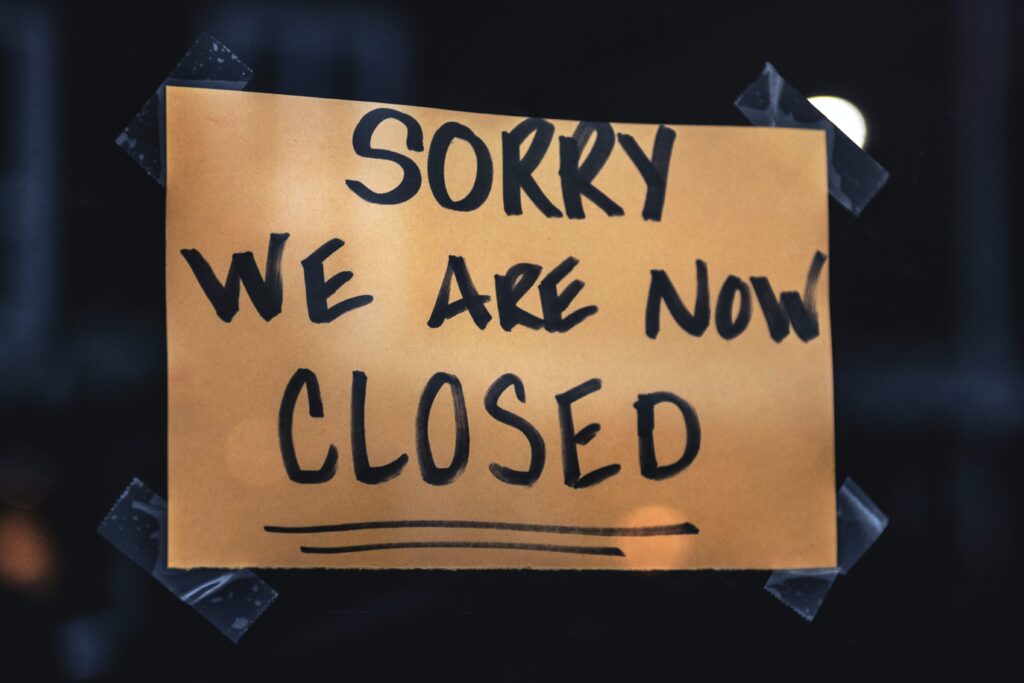
Mergers and acquisitions are very complex legal transactions that, besides substantially altering regular operations, can also affect an organization’s insurance needs. Unforeseen liabilities may arise for merged entities that produce tangible products. One area of concern is a discontinued operation.
Once a product enters the marketplace, the liabilities associated with that product do not cease with the sale or merger of the original manufacturer. Such liabilities still exist even when that particular product is no longer produced. Liability claims often occur many years after the product was first produced or sold. In other words, liability still exists for operations that have been discontinued.
If the original business owner only sells its assets and retains its corporate structure, it will also retain the liabilities connected to the original operations. A business can purchase discontinued operations coverage to help in such instances. For example, Utility Trailers, Inc. built small trailers. Utility Trailers‚Äô owners accept an attractive offer from another company and sell the business on an ‚Äėassets only‚Äô basis. Utility Trailers, Inc. was not dissolved as a corporate entity. A year later, some customers sue Utility, claiming loss caused by defective trailers. Their Discontinued Operations coverage will respond to the lawsuits.
Discontinued Operations coverage would provide coverage for bodily injury or property damage caused by defective products. The same coverage can be designed to provide coverage for contractors that have ceased doing business. It would be a disappointing situation to find that after a product has been discontinued or assets sold, all profit from the sale ‚Äď and perhaps more ‚Äď has been taken away due to a defective product that is still the responsibility of that entity. So, contact your agent and discuss whether you have continuing liability for a discontinued operation.
COPYRIGHT: Insurance Publishing Plus, Inc. 2015
All rights reserved. Production or distribution, whether in whole or in part, in any form of media or language; and no matter what country, state or territory, is expressly forbidden without written consent of Insurance Publishing Plus, Inc.

 Contact
Contact
 Email an Agent
Email an Agent

 Click to Call
Click to Call Get Directions
Get Directions



